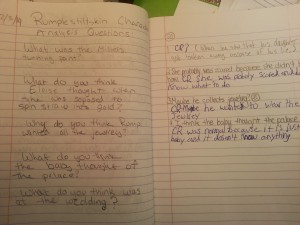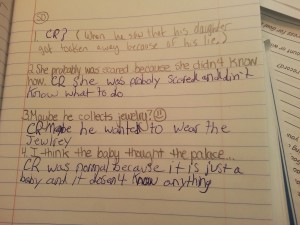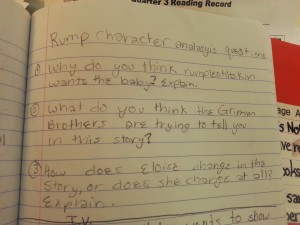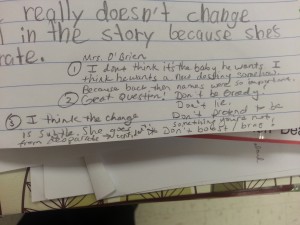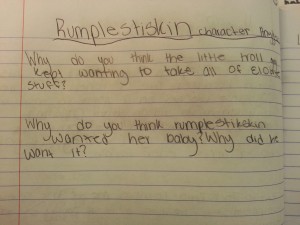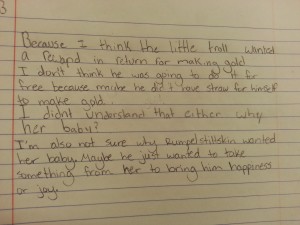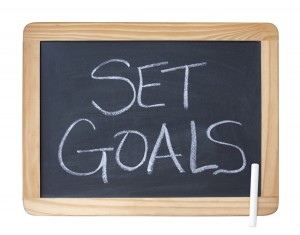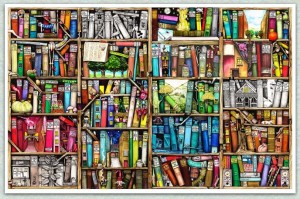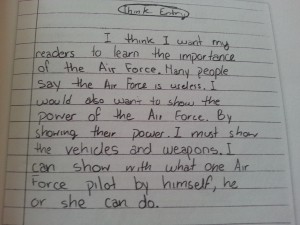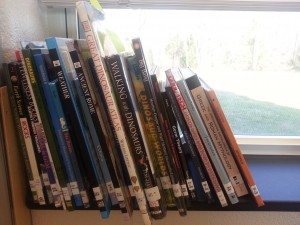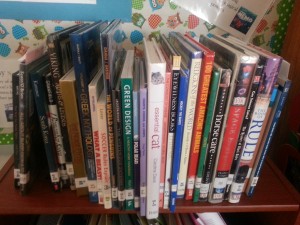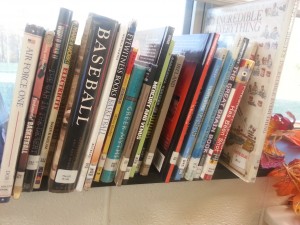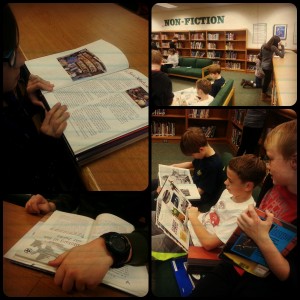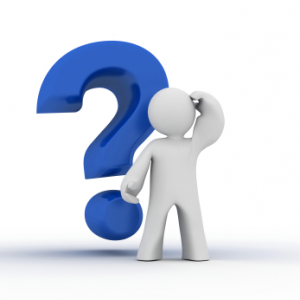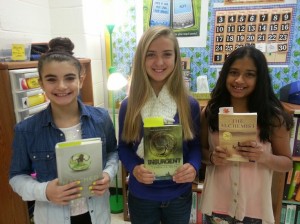Character Analysis Questions
Today in class, honors students listened (and followed along) to the classic fairy tale, Rumpelstiltskin. We did this to activate prior knowledge of the text (or learn the story for the first time) because our new read-aloud, Rump: The True Story of Rumpelstiltskin is a “fractured fairy tale.”
A broken fairy tale? you may be thinking. What in the world? Here is a good definition if you’re unfamiliar with the genre:
After reading the classic version, students were asked to create four character analysis questions. We have been learning about different types of response questions for our book club launch. Students are used to answering response questions but do not have as much practice creating them. And that is important for meaningful (and enjoyable) book club discussion.
Once students wrote their analysis questions in their reader’s notebooks, they were asked to leave their books open and go to another student’s notebook. They were asked to evaluate that students questions. Was it truly a character analysis question or did it ask about the setting? or a detail of the plot?
A character analysis question should ask the reader what he/she thinks about the character choices the author made when creating the character. Students should understand that authors use literary techniques to impact a reader. Furthermore, students should understand that authors use what a character says, does, and thinks (as well as other characters’ responses in the story TO that character) to create a believable character…one that is worthy of book club discussion.
Remember, when we analyze anything, we are breaking down that concept or idea into parts and showing the relationships among the parts.
Here are some Character Analysis question stems to get started:
- Discuss the pros and cons of the character’s choice in this chapter.
- How would you categorize the character? What peer group would this character “hang out with”?
- How is this character similar to (insert another character’s name)?
- How is this character connected to (the setting? the plot? the theme? another character?)?
- How is this character different than another character?
- What conclusions can you draw about this character based on his/her actions?
- What could have caused this character to act this way?
- What explanation do you have for the way the character does something?
- What was the problem with the character?
- What was the purpose of this main character? Or minor character?
- Why do you think the author chose to (insert something the author decided to do ) with this character?
Here’s a glimpse at some student examples of this important skill:
